New Delhi, December 4: Prime Minister Narendra Modi-led Union government on Wednesday approved the launch of bond exchange-traded fund (ETF) programme, called Bharat Bond. Under this, the Central government is aiming to strengthen the country's bond market and boost retail investor participation. This would be the first corporate bond ETF in the country.
According to the statement, issued by the Union Finance Minister Nirmala Sitharaman on Wednesday, the Bharat Bond ETF would be a basket of bonds which the central public sector enterprises (CPSEs) would issue. They would then be invested or traded on the stock exchange like any security listed on the exchange in a portfolio of bonds of CPSE, CPSU, CPFI or any other government organisation. Public Sector Banks Disbursed Rs 2.39 Lakh Crore Credit in November, MSMEs, Farmers Benefited Through 'Loan Melas': Nirmala Sitharaman.
Top Features of Bharat Bond ETF:
1) Centre states Bharat Bond ETF would be a basket of bonds which the CPSEs would issue and trade it on the stock exchange.
2) With this, the Central government is aiming to strengthen the country's bond market and boost retail investor participation.
3) If passed, Bharat Bond ETF would be the first debt-based corporate bond ETF in the country.
4) Centre opines Bharat Bond ETF would provide investors safety, liquidity and predictable tax-efficient returns.
5) As per the government, easy and low-cost access to bond markets would help retail investors participate in the development of the nation.
6) Bharat Bond ETF would be available for Rs 1000 for the retail investors, who restrain to participate in the bond markets.
7) The debt-based ETF would have a fixed maturity date, starting with two maturity series -- three years and 10 years -- which would be constructed by the NSE.
8) The minimum ticket size for large investors will be Rs 25 crore.
9) However, market makers need to have an ETF inventory worth Rs 1 crore to be able to participate.
10) Centre has stated that the fund would provide additional money for CPSUs, CPSEs and other government organisations.
11) On the other side, market experts have questioned the efficacy of a PSU bond ETF.
12) They opine Bharat Bond ETF would present a direct challenge to actively-managed PSU and bank debt funds.
13) The biggest challenge ahead of government includes ensuring liquidity on stock exchanges for the ETF.
14) Also, it is unclear whether the lower cost of passive investing outweighs the benefits of active management in certain debt categories.
15) The proposed Bharat Bond ETF would also be offered in the format of index funds or fund-of-funds, enabling investors without Demat accounts to invest in it.
(The above story first appeared on LatestLY on Dec 04, 2019 04:26 PM IST. For more news and updates on politics, world, sports, entertainment and lifestyle, log on to our website latestly.com).


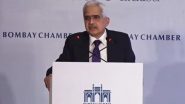







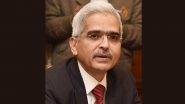


 Quickly
Quickly









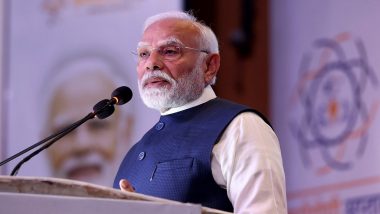

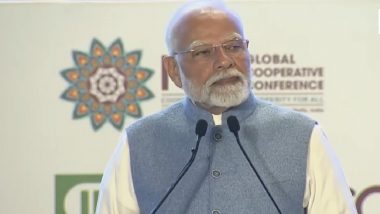
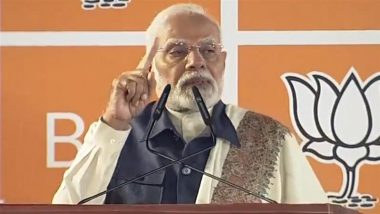
 RCB
RCB







